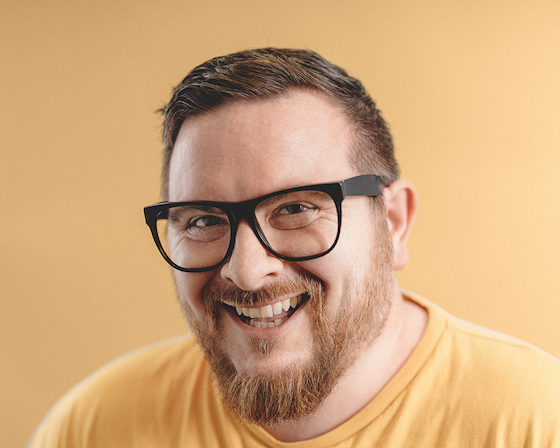For now, AI is a bit like a blindfolded chef locked in an infinite pantry. It has every ingredient on the planet except one: the recipe. The AI is happy to serve up a visual and verbal smorgasbord, but don’t be too surprised if your dish comes with a side order of “WTF?”. In other words, getting AI to do ‘something’ is easy; getting it to do exactly what you want or need it to do? Yeah, not so much. So it’s not exactly the instant ‘cheat’ solution people perceive it to be.
You may be able to steer the AI using natural language-based requests (aka ‘prompts’). But results that match the vision in your head rarely happen at the push of a button. It’s a lot closer to a more traditional working relationship or collaboration; the key difference really is that the time between iterations is collapsed to be almost instantaneous. But again, if you don’t ask the right questions, you’ll just get wrong answers faster. So, while AI might not be here to kill creativity, society or humanity, if you’re not careful, it could kill your focus, schedule and budget. The infinite potential for variations, iterations and refinements is a rabbit hole in itself, one that is easy to get lost in and burn valuable time in a commercial setting.
This brings me nicely to my next point: these new tools can make you a god of gorgeous execution, producing polished visuals at breakneck speed. But before you start worshipping at the altar of artificial intelligence, remember that there’s a catch: they won’t make you a god of ideas. You need an original idea to feed into this tool in the first place; otherwise, you’re just using a fancy photocopier. And for original ideas? Again, you need a creative human with a brain full of expertise, experience, taste, and references.
But wait one second. Can anything generated by AI even be ‘original’? Isn’t it just making a collage of bits and bobs that other people have done? Aren’t thousands of artists up in arms because AI has been trained by scraping billions of images from the internet without anyone’s permission? There’s a fair bit to unpick, but fundamentally, the thing generated by AI is entirely new (although original is a tricky term, as I’ll explain). It is not akin to a ‘collage’, ‘montage’ or ‘copy and paste’ of existing elements.





